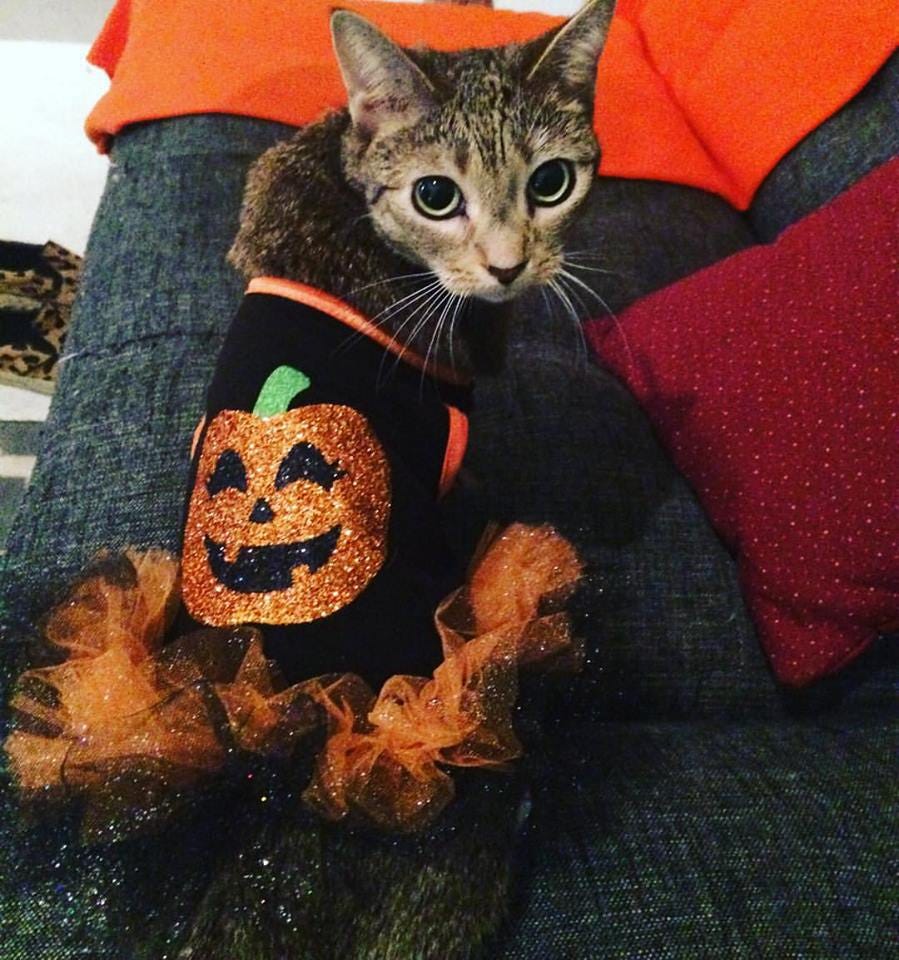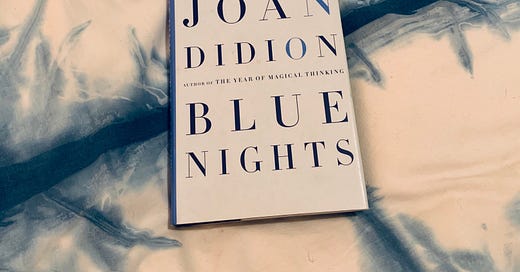Dear ones,
To those of you who sent me your addresses and sob stories: thank you! Cards are going out to 15 of you in seven states and four countries. Your snail mail will be out the door by November 4.
Love,
Jillian
Sob story
My relationship with my ex-boyfriend Mark* was a good one. It was so good that after more than two years together, it was time for the relationship to move forward, or end. It was so “good and easy and comfortable” that it was hard for Mark to leave it, he told me as he was breaking up with me, for reasons he was unable to articulate to me, or himself. And though my brain would search for answers where none would be found, he had already told me everything I needed to know: the lasting love I want and need wasn’t here.
I made myself so proud throughout our joyful relationship, and during the frustrating months both of us felt him pulling away, and even as it cruelly ended. The truth was clear, and my logic about the situation was immediately sound; I’d been jerked around, let down and undervalued for a long time, and now, I was free from a relationship that wasn’t going anywhere. My time as his sentient security blanket was over. All that was left to do was try to make myself proud in mourning.
Fifteen years of relationships beginning and ending have taught me that making choices I know damn well aren’t good for me is the surest way to prolong my own suffering. This time, I wouldn’t self-destruct. I’d love myself in the way the men I’ve loved haven’t been able to. I’d prove to myself, once and for all, that I could show up for me when I needed it most; that I knew my own worth; that I could be trusted to steer myself toward the light.
I started right away. That day, I sat in my room and journaled for a long time. I called my mom. Then I went and got my nails painted neon orange before heading to Bed-Stuy to meet up with friends and shed a lot of tears. I got up and went to work the next day.
I didn’t see or speak to him again. Though I ached for him, I knew there was no peace to be found in his arms. I unfollowed and unfriended. I never social media stalked—not once. (Yes, you may clap.) I built a fortress lined with moats filled with poisonous snakes around my heart, and my phone. I didn’t overuse substances to numb my pain. I felt it all. I moved through the world slowly, and spent time with friends and family, and told myself, “I’m here for you. I love you. You are good.” I did everything “right.”
There’s someone out there, maybe you, who could do the same things I did and wake up three weeks later with clear eyes and a heart full of hope. Honey, it ain’t me. I wish there was an equation I could use to definitively prove that all the strong, mature things I did for myself made my healing process shorter, or less difficult. I can’t, and it’s been hell. Being an adult can really suck that way: Where is my reward for all of this good behavior? Where the hell is my gratification? But I am healing, and objectively, scientifically, I will get through this faster and easier than if I was still poring over vacation photos, making small talk with him over text or, worst of all, ending up in his bed now and then. This I know, because I’ve made all those mistakes before. (Haven’t we all?) And if this breakup was hell, those ones were limbo, and I’d rather burn than languish in purgatory.
*Name has been changed to protect the sort-of innocent.
#CruelSummerBookClub reading list
Blue Nights by Joan Didion
Every winter, I return to Joan Didion. In 2003, while Didion’s adult daughter, Quintana, was in a coma from septic shock, Didion’s husband of 40 years, John Gregory Dunne, died suddenly of a heart attack. Quintana recovered, then passed away in 2005 at the age of 39. Didion’s books The Year of Magical Thinking and Blue Nights delve into the universal human experience of mourning, and the many dark places the mind takes us when we lose our loved ones.
Didion, now 84, still lives in New York City. I think of her often. I think of her California roots, and how she describes the sights and smells of my home state. I think of her work ethic, and how she wonders if she could have been a better mother to Quintana, could have worked less and seen her more fully. I think of her stoicism on the page, and wonder if she is as somber in real life. I wonder what having a drink or six with her at one of the many parties she threw for Hollywood’s elite would have been like. More than anything, I think of her definition of memories:
“You have your wonderful memories,” people said later, as if memories were solace. Memories are not. Memories are by definition of times past, things gone. Memories are the Westlake uniforms in the closet, the faded and cracked photographs, the invitations to the weddings of the people who are no longer married, the mass cards from the funerals of the people whose faces you no longer remember. Memories are what you no longer want to remember.
I’m also reading
I know I won’t be single forever (and neither will you) by Shani Silver at Refinery29
Belongings from divorcees, up for sale photographs by Michelle Groskopf, text by Tasbeeh Herwees at California Sunday magazine
Survival poem #17 by Marty McConnell
This Reddit post on two years of the no contact rule
I’m listening to:
The How to Fail podcast with guest Mo Gawdat. This episode struck a deep chord with me; I listened to it four times in a week. Its main lesson is happiness is found not by adding things to our lives that we think we want, but by taking away the things that make us unhappy—our base is pure bliss. Gawdat was a Google executive with every comfort in the world when he lost his 21-year-old son. He then shared the algorithm for happiness he developed (happiness is greater than, or equal to, your perception of the events in your life minus your expectation of how life should be) in his book, Solve for Happy: Engineer Your Path to Joy. I can’t wait to read it.
Support I got that you might need to hear
Questionable self-care advice
Minerva moment

This cheered me up
Spending time in Boston with my best friend from college, Melissa, and her angel baby Hattie, who is the sweetest bunny for Halloween.
Anthem of the week
Mood
Next week
I talked to Katie Hawkins-Gaar, author of the wonderful newsletter My Sweet Dumb Brain, which she began after her husband passed away suddenly at the age of 32. She is a delightful, strong-as-hell person whose vulnerable writing has taught me so much about moving through pain with self-compassion. I’ll share our conversation about what it’s like to be a young widow, the challenges of sharing personal stories with a very public audience, and the kind of friendships that survive grief’s darkest moments.
If you liked this newsletter, please subscribe and share! And I’d really appreciate it if you’d scroll all the way up or down and click the heart icon to “like” this post—this will help me get more eyeballs on Cruel Summer Book Club.
Cruel compliments


From Katie’s newsletter, My Sweet Dumb Brain: “I’m inspired by: The conversation I had about grief and life last week with Jillian Anthony, author of the Cruel Summer Book Club. Her interview will publish in a few weeks, and I can’t wait to read it. In the meantime, subscribe to her fantastic newsletter!”
Follow me on:
You are not alone!









